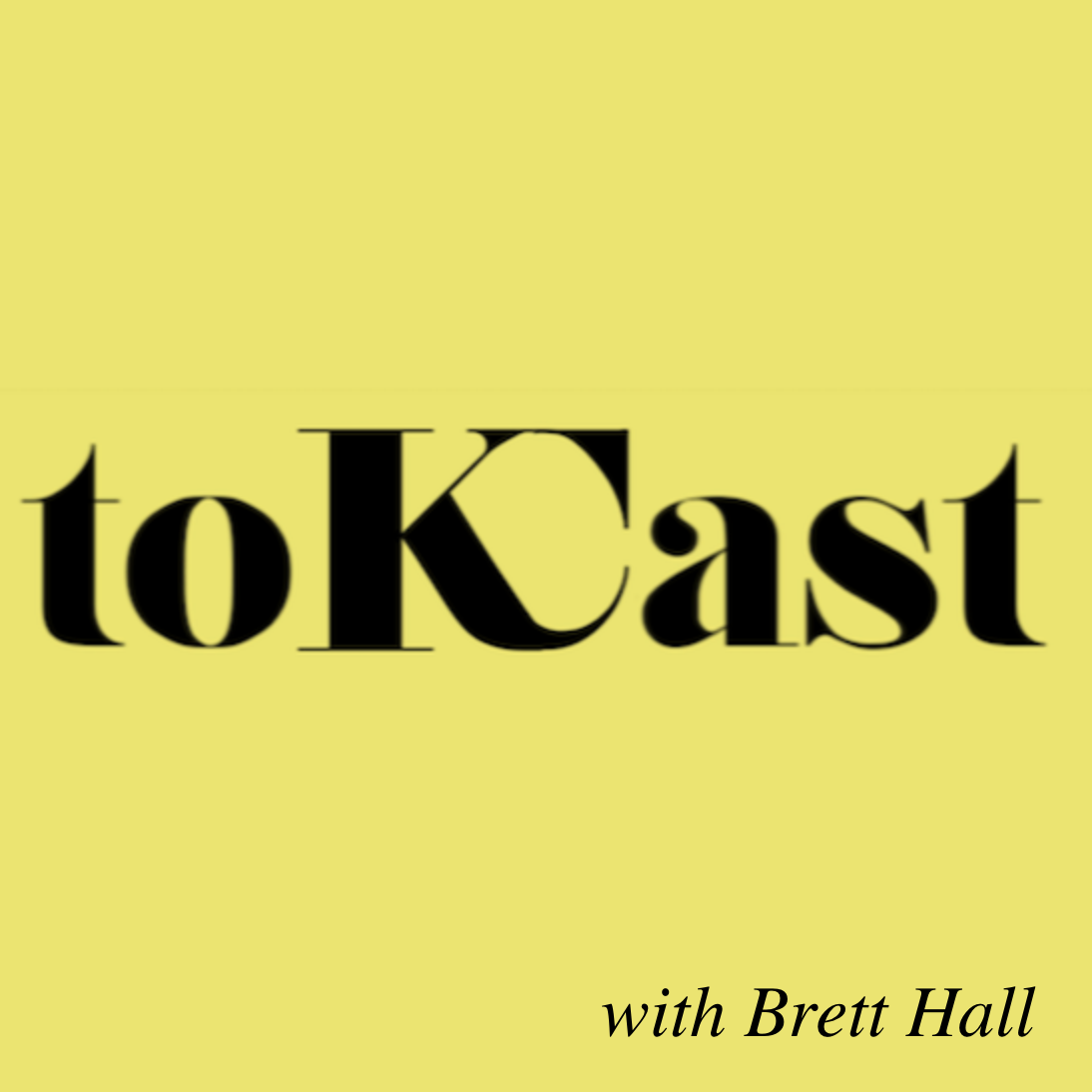Listen "Ep 156: Induction under Objectivist Epistemology - Part 2"
Episode Synopsis
This is part 2 of a deep dive into the role of induction in objectivist epistemology as interpreted by an objectivist scholar of Ayn Rand. Thomas Miovas Jr operates a website about Objectivism here: https://www.appliedphilosophyonline.com. The relevant paper can be found here:
https://www.appliedphilosophyonline.com/induction-in-philosophy-and-the-special-sciences.html?fbclid=IwAR2cNLVGxyguM5R2TXaYe3OVclhw34lAdIKN0Mp13zTLK-J8dPMmnfNVlOs
It is the above paper I am analysing.
In this episode I discuss more about induction as it is used by Thomas and his invocation of some science - physics in particular and the broader objectivist usage of the term "induction" and Thomas Miovas attempts to salvage the word despite noticing issues with it as it is typically formulated. This leads to a comparison between Rand's style of philosophy - especially epistemology and it's tendency towards abstractions and Karl Popper's far more practical and concrete problem centred approach. Herein I look at how theory-laden any observation is - like simply observing how the sky can be blue. What does "The sky is blue" mean? Is there a sky? Is the air blue? What is scattering? Popper's vision of how knowledge is constructed accounts for this complex notion of our minds coming to solve such problems: Rand's on the other hand is left grappling with why we do not "observe the facts of reality" as she, and other objectivists such as Thomas Miovas, claim we can.
https://www.appliedphilosophyonline.com/induction-in-philosophy-and-the-special-sciences.html?fbclid=IwAR2cNLVGxyguM5R2TXaYe3OVclhw34lAdIKN0Mp13zTLK-J8dPMmnfNVlOs
It is the above paper I am analysing.
In this episode I discuss more about induction as it is used by Thomas and his invocation of some science - physics in particular and the broader objectivist usage of the term "induction" and Thomas Miovas attempts to salvage the word despite noticing issues with it as it is typically formulated. This leads to a comparison between Rand's style of philosophy - especially epistemology and it's tendency towards abstractions and Karl Popper's far more practical and concrete problem centred approach. Herein I look at how theory-laden any observation is - like simply observing how the sky can be blue. What does "The sky is blue" mean? Is there a sky? Is the air blue? What is scattering? Popper's vision of how knowledge is constructed accounts for this complex notion of our minds coming to solve such problems: Rand's on the other hand is left grappling with why we do not "observe the facts of reality" as she, and other objectivists such as Thomas Miovas, claim we can.
More episodes of the podcast ToKCast
Ep 248: AI and Philosophy of Science
14/10/2025
Ep 247: The Farthest Reaches Part 3
23/09/2025
Ep 246: The Farthest Reaches Part 2
17/09/2025
Ep 245: The Farthest Reaches (Part 1)
12/09/2025
Ep 244: Deep learning is not "inductive".
22/08/2025
Ep 242: Is religion worth preserving?
11/07/2025
Ep 240: AI 2027 Reaction Part 4
22/05/2025
 ZARZA We are Zarza, the prestigious firm behind major projects in information technology.
ZARZA We are Zarza, the prestigious firm behind major projects in information technology.
